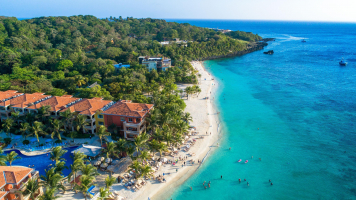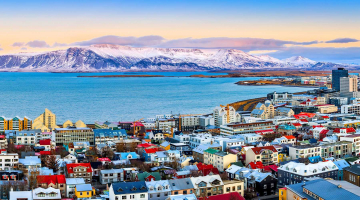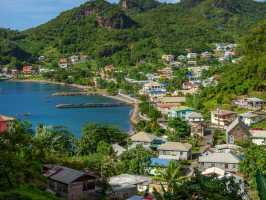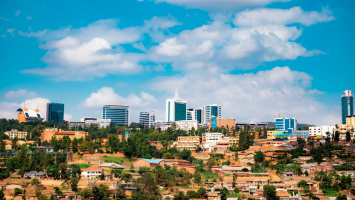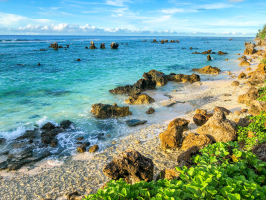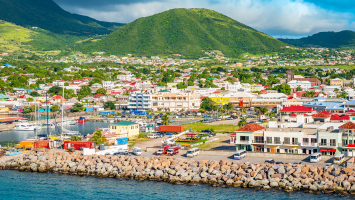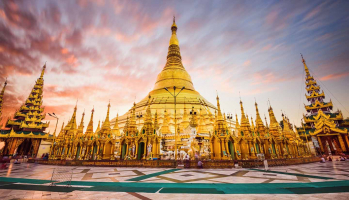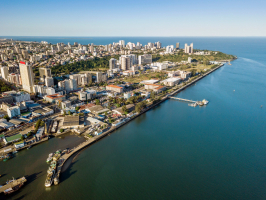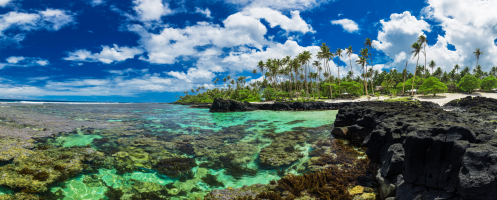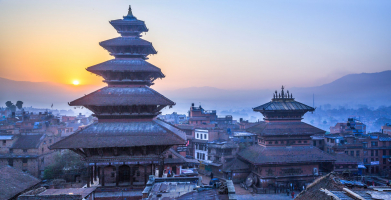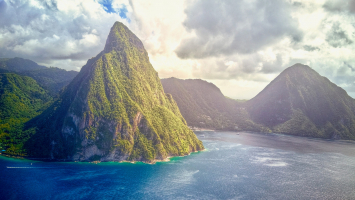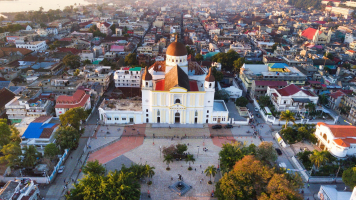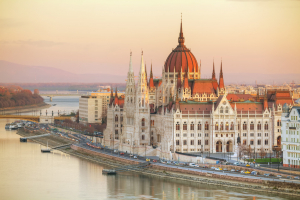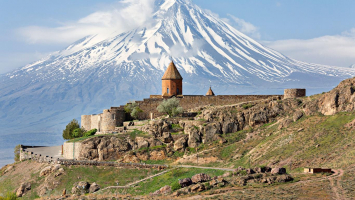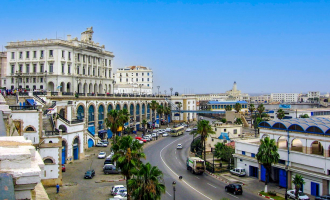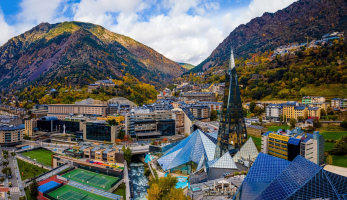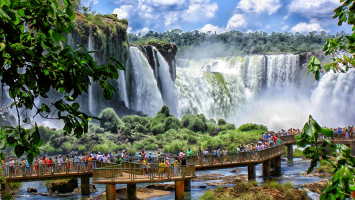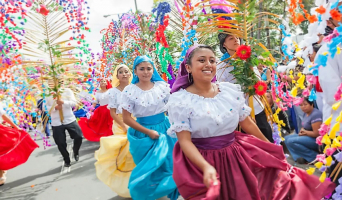Top 11 Unique Cultural Characteristics In Angola
Angola is a vibrant, linguistically and ethnically varied country that has managed to retain unity despite its differences. The country has Portuguese ... read more...influences, but the majority of the inhabitants have managed to preserve their culture and way of life over time. Their distinct languages, arts, cuisine, and music are proof. Here are some of the unique cultural characteristics of Angola that you can learn more about.
-
Angola's official language is Portuguese, although the country also speaks 46 other languages, the majority of which are Bantu languages. The number of native Portuguese speakers is significant and expanding as a result of cultural, social, and political forces dating back to colonial history. According to a 2012 research conducted by the Angolan National Institute of Statistics, Portuguese is the mother tongue of 39% of the population. Many more people throughout the country speak it as a second language, and younger urban generations are shifting toward dominant or exclusive usage of Portuguese. According to the 2014 population census, around 71% of Angola's nearly 25.8 million citizens speak Portuguese at home.
Angola's original languages are all considered national languages. Following independence, the government said that six languages would be cultivated as literary languages. The six languages vary depending on the government, although they are generally Umbundu, Kimbundu, Kikongo, Chokwe, Kwanyama, and Mbunda. Some national languages are taught in Angolan schools, and teaching resources like as books are provided, however there is a teacher deficit.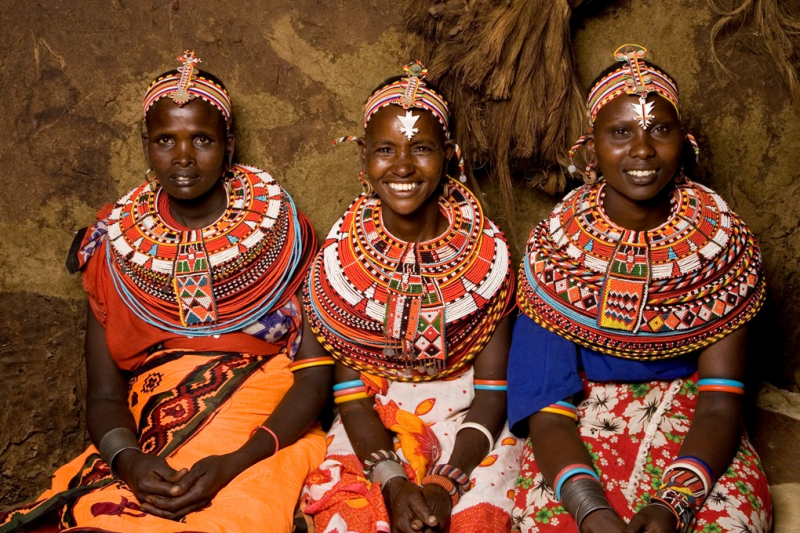
https://loispiration.com/ 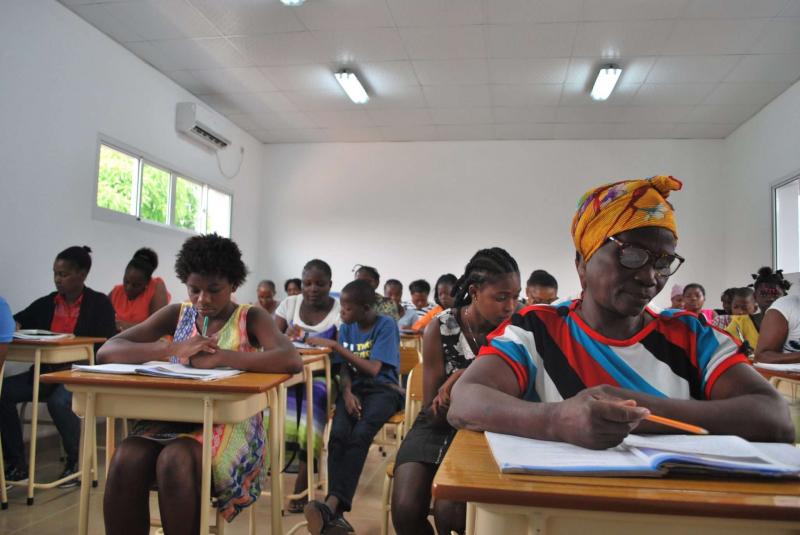
https://www.gsif.it/ -
Angolan literature dates back to the mid-nineteenth century. Angola's literature, which has always been confrontational and satirical, reflects the richness of its culture. Angola has a rich literary legacy. Political poetry, of which former President Agostinho Neto was a notable example, has been an important genre. The arts, which are relatively uncensored, have been a major means of expressing opposition to the governmental system. Many communities value oral literature, such as mermaids in Luandan folklore, Ovimbundu trickster tales, and sand graphs and their explanations in the east. This is one of the Unique Cultural Characteristics In Angola that you should know.
Angola is a Lusophone country because it was a Portuguese colony. Although there are numerous separate tribes in Angola and Portuguese is not everyone's first language, most authors write in Portuguese. Luandino Vieira was awarded the Cames Prize in 2006, but he turned it down and the $128,000 USD prize money for "personal and intimate reasons."
The MPLA and UNITA have largely controlled the press. Journalists who express opposing viewpoints have had their freedom of expression restricted: murder, censorship, and defamation allegations have all been used to stifle an independent press. Radio is a vital source of information, although it has long been dominated by hostile parties; now, a Catholic radio station, Rádio Ecclésia, has been formed.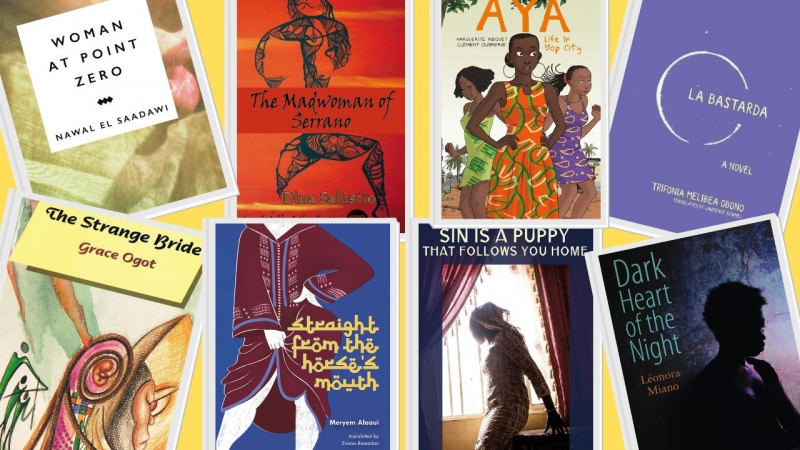
https://booksandbao.com/ 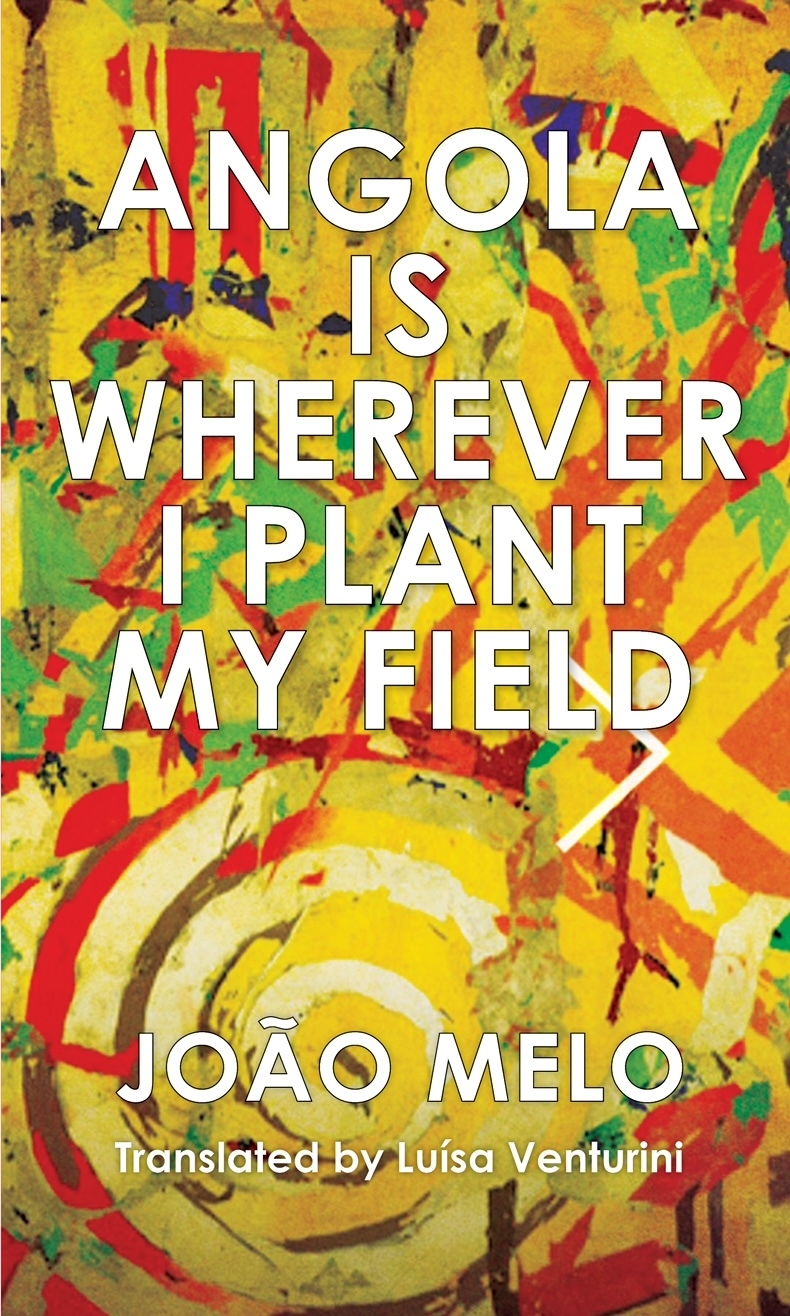
https://brittlepaper.com/ -
Angola's music has been influenced by both global musical trends and the country's political history. While Angolan music has had an impact on the music of other Lusophone countries. In turn, Angolan music helped to create and reinforce angolanidade, or Angolan national identity. Luanda, Angola's capital and largest city, is home to a varied range of styles such as kilapanda, semba, kizomba, and kuduro. Ilha do Cabo, located just off the coast of Luanda, is known for its accordion and harmonica-based music known as rebita. Angola was tormented by violence and political instability in the twentieth century. Government forces suppressed Angolan musicians both under Portuguese occupation and after independence.
Semba is the forefather of a range of African music forms. Samba, kizomba, and kuduro are three of the most well-known. Angola has seen the rise of a new, more electronic music movement known as kuduro. It combines traditional Kilapanga, Semba, and Soca from Angola with Western house and techno. The worldwide group Buraka Som Sistema is the main proponent of Kuduro, but there are a number of performers active on the national scene as well as an increasing number of bedroom producers. Today, kizomba is the most popular genre. Kizomba is a partnered social dance that is swiftly gaining popularity around the world, particularly in Europe and North America. Discussions of kizomba use adjectives like "attached," "sensual," and "intimate," resulting in dancing experiences and a larger scene packed with affect and underlying sexuality.
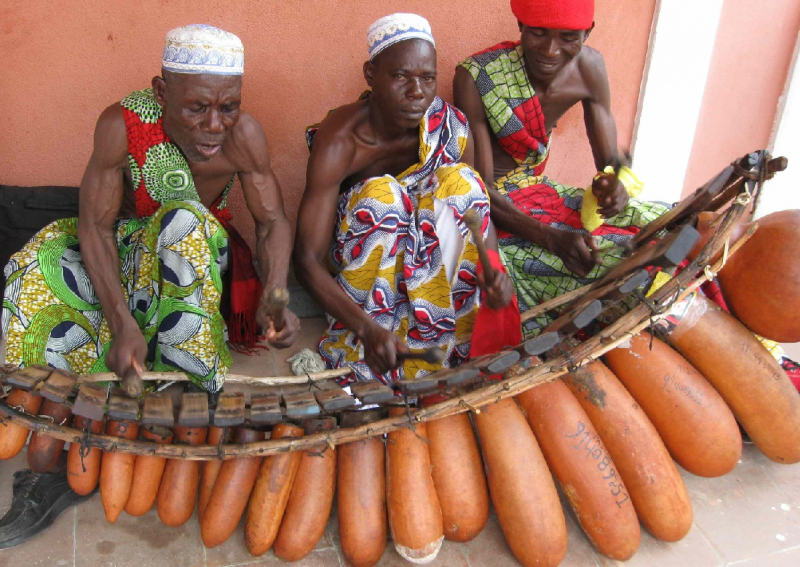
https://www.contemporary-african-art.com/ 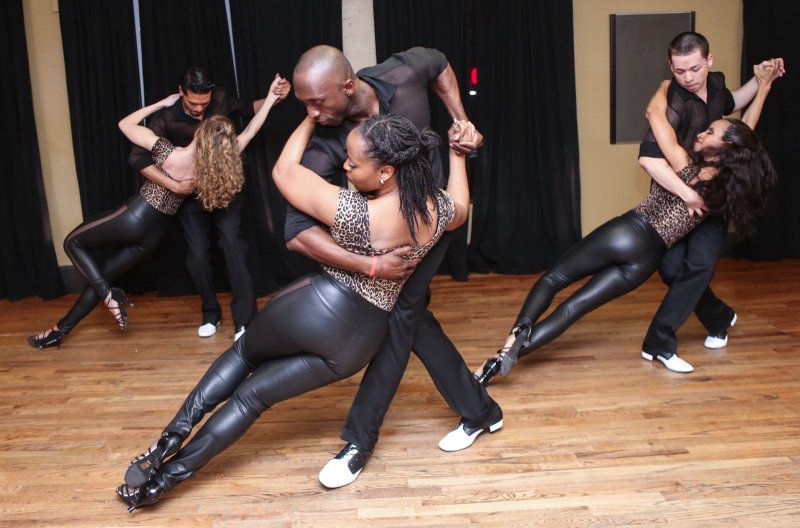
https://www.ocf.berkeley.edu/ -
Angola's religion is diverse, with Christianity being the most widely practiced faith. Christianity has a long history, particularly in coastal areas. It can be considered as one of the Unique Cultural Characteristics In Angola. Roman Catholics account for roughly half of the population. Baptists, Methodists, Congregationalists, Lutherans, Reformed Churches, Seventh-day Adventists, and Jehovah's Witnesses are among the other Christian faiths, accounting for roughly a quarter of the population. By the end of the fifteenth century, a Christian church had been formed in the Kongo region. It is unknown how many residents are Christian; Roman Catholic Church numbers range from 38% to 68%. Another 15 to 20% are members of Protestant groups such as the Methodist, Baptist, and African churches.
Since independence, various Pentecostal, Evangelical, and other groups have sprouted up, the most notable of which is the Brazilian-born Igreja Universal do Reino de Deus. There are two syncretic "African Christian" churches: the Kimbanguists, who originated in what is now the Democratic Republic of the Congo, and the indigenous Tokoist faith. There is also a small Muslim minority made up of Sunni immigrants from various African and other countries who do not establish a community. Some Angolans, mainly in distant rural societies, practice African Traditional Religions, but traditional beliefs continue to exist among a sizable proportion of people who have become Christians.
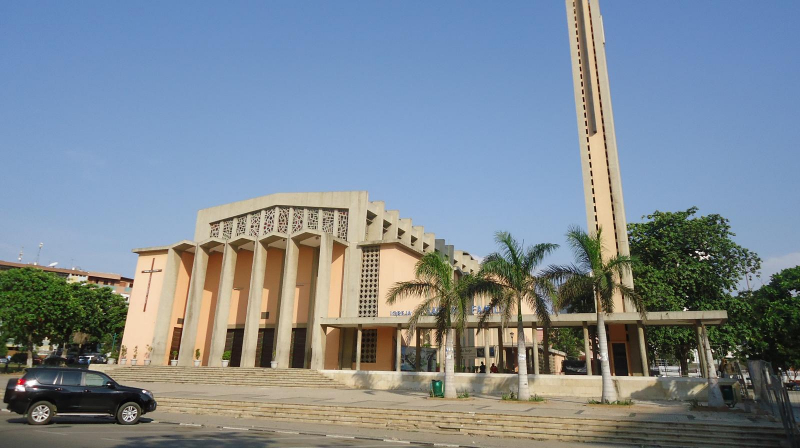
https://www.cmi.no/ 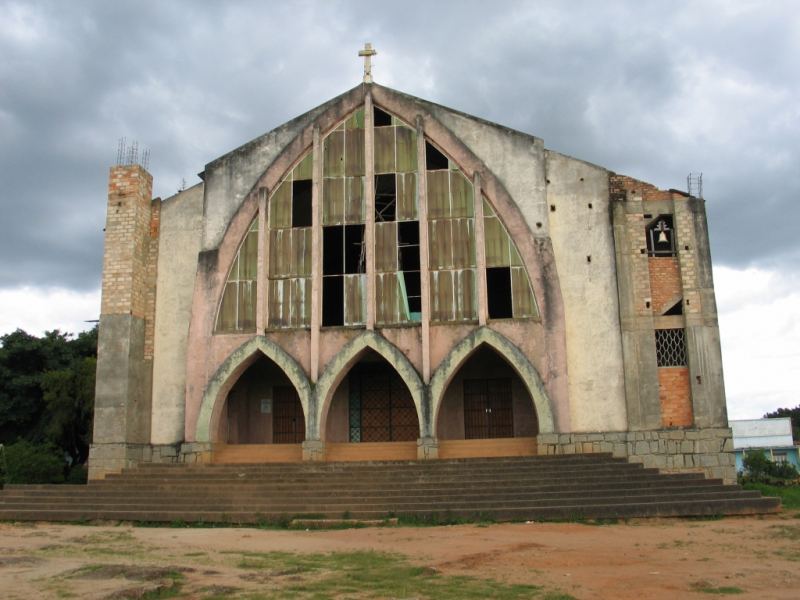
https://en.wikipedia.org/ -
Angola has a number of festivals, holidays, and celebrations. These are mostly concerned with religion, art, and music. Lubango festival is one of Angola's most prominent festivals; it is a 30-day event held in early August that includes music concerts, racing, a beauty pageant, a sports tournament, and a fashion parade. It is held in the province of Huila. It is one of the best Angolan celebrations to visit if you want to experience the Angolan way of life.
Sumbe Festival is also an international event conducted in Sumbe City. It is also referred to as the Festi-Sumbe. It includes some of the best musical performances, bands, dancers, and poets from various genres of music. They combine a variety of distinct genres to create a vibrant and electrifying atmosphere. Furthermore, Angola Carnival is one of the most colorful and beloved celebrations in the country. It includes a street parade, a variety of colorful attire, fantastic music presentations, traditional and modern dances, and a street procession.
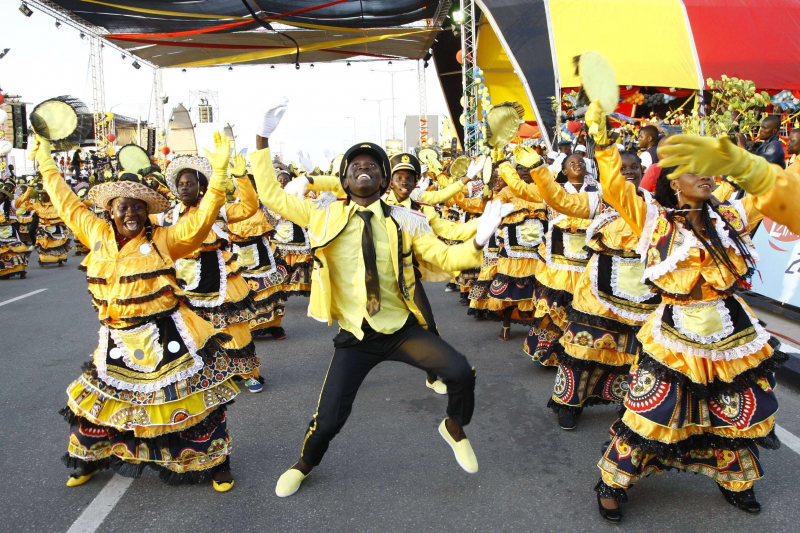
https://www.verangola.net/ 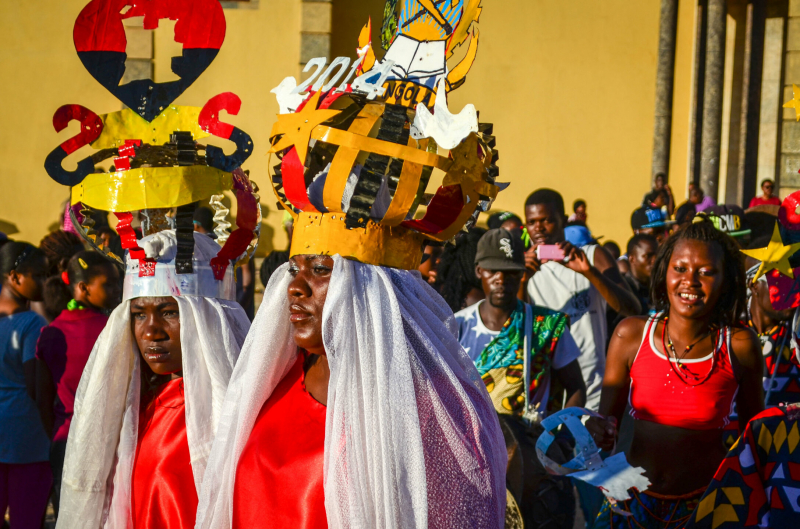
https://soulfreetravels.com/ -
Many Angolans would characterize themselves as 'Angolans,' however it is also customary for Angolans to identify with the tribe of their ancestors. Angola has over 100 unique ethnic groups, each with their own language and customs, the largest of which is the Ovimbundu. The majority still speaks Portuguese, with the younger age almost entirely speaking it. Indigenous languages are still commonly spoken, with many Angolans speaking two languages.
Similarly, Angola's majority of people are Roman Catholic as a result of its 500-year history as a Portuguese colony. However, followers of native African faiths can be found; after independence, there was a significant upsurge in people adopting pre-colonial beliefs. Spirit or ancestor worship, where offerings and prayers are presented to the dead who are regarded to be able to influence the lives of living generations, is one part of ancient African religion that may still be witnessed in Angola. Angola has a diverse religious landscape, thanks to the inclusion of religious freedom in the country's constitution following the civil war.
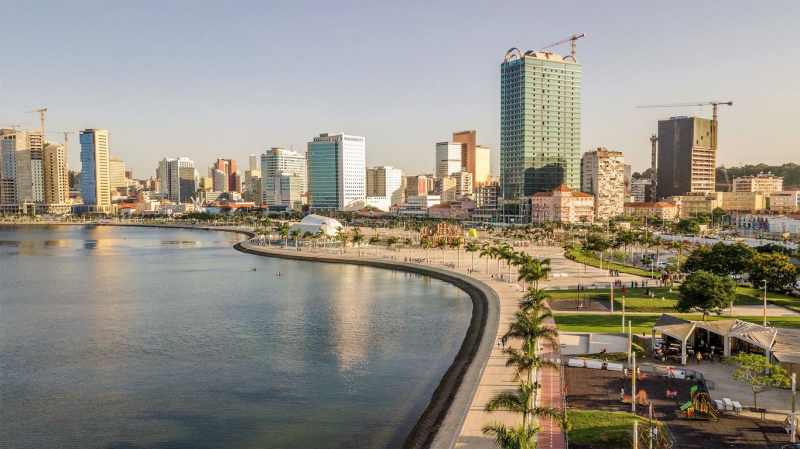
https://www.hotelscombined.com/ 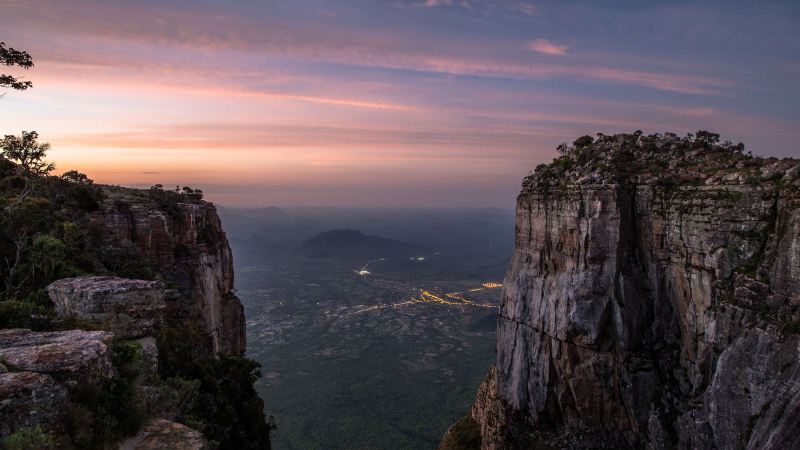
https://www.nelt.com/ -
Football is Angola's most popular sport. This is one of the Unique Cultural Characteristics In Angola. The Palancas Negras are the national soccer team (Black Panthers). The soccer team qualified for the 2006 Fifa World Cup, the world's largest soccer competition. The majority of Angolan players work in Portugal and France. Women's football teams have been playing organized games in Angola since 1993, and the Campeonato Provincial de Luanda has had a league operation in Angola since 1995, albeit limited to the province of Luanda.
Since the late 15th century, Angola has been a Portuguese colony, and it was the Portuguese that promoted football there. Angolan football is still shaped by its Portuguese history and links, as evidenced by a number of affiliates of the Portuguese clubs Benfica Lisbon and Sporting Lisbon.
The Federaço Angolana de Futebol is Angola's national football association (FAF). It was established in 1979, following Angola's independence from Portugal in 1975. The FAF organizes the national football leagues Girabola (1st league) and Gira Angola (2nd league), as well as the Angolan men's and women's national teams. Additionally, Basketball and handball are two more popular sports in Angola, and the country has done well in important regional and international championships.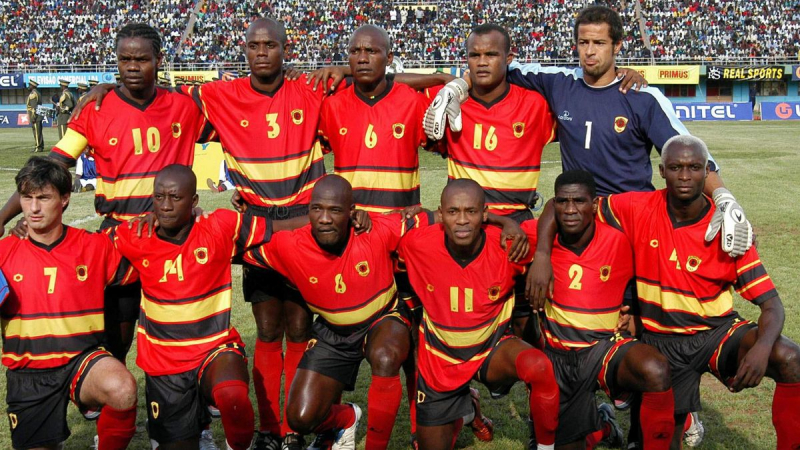
https://www.eurosport.com/ 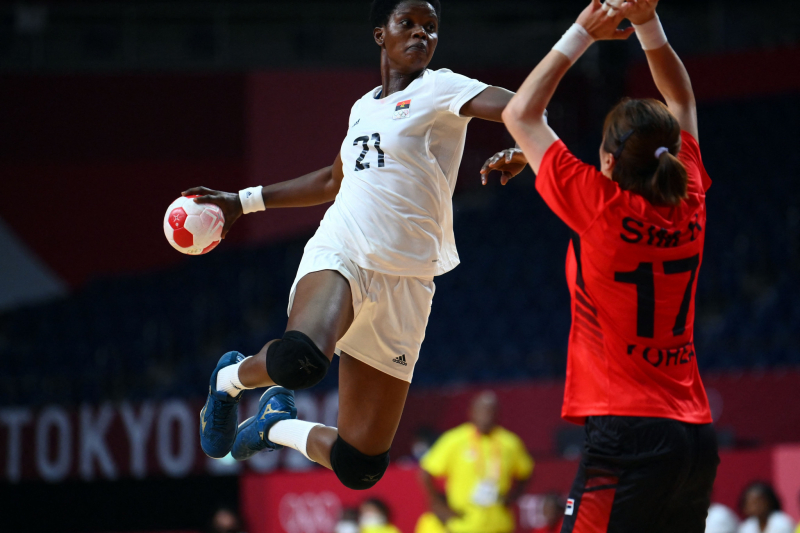
https://www.insidethegames.biz/ -
The most frequent form of welcome in Angola is a handshake; at gatherings, each person should shake hands separately. Friends can give each other hugs, cheek kisses, and back thump. When encountering someone of higher position or age, it is customary to bow gently. Angola's culture values hierarchy, and titles and surnames are widely employed as a form of respect. Women in remote places, particularly older women, dislike looking other people in the eyes.
When addressing friends, teenagers, or children, people commonly use their first names. Otherwise, an adult should be addressed by their title and surname. People frequently use their title in conjunction with their first name rather than their last name. This, however, is dependent on personal preference and the relationship between the speakers.
Making eye contact with someone who is in a comparable position to you or is your "equal" is a display of honesty. Meanwhile, avoiding eye contact when speaking to someone older or more senior than you conveys respect. In Angola, greetings are not hurried. You'll be asked how you're doing and how your family is doing, and the individual asking will be genuinely interested. It is not only a formality, as in many other cultures, and the sentiment will be expected to be reciprocated.
https://www.infoans.org/ 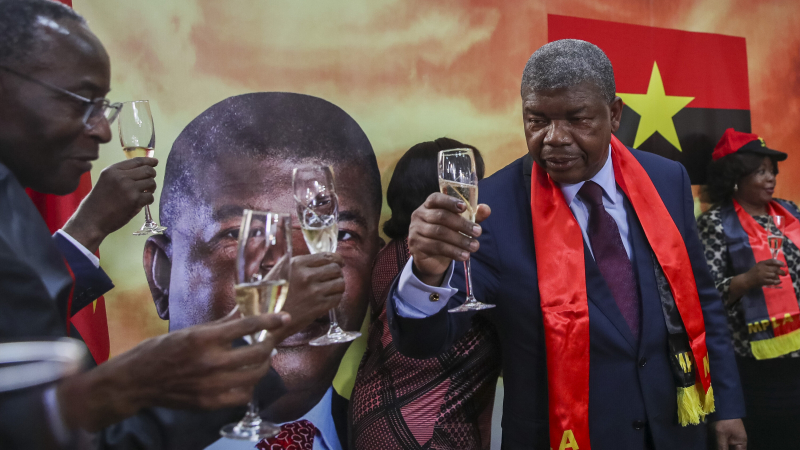
https://www.nytimes.com/ -
Because Angolans are at ease with intimacy, there is no need to be concerned about invading their personal space when speaking directly to them. If you try to put distance between yourself and an Angolan, they will most likely try to close the gap again! There are, nevertheless, some defined protocols for Angolan discussion. Above all, interrupting someone while they are speaking is considered impolite, especially if they are older or hold a more senior position.
Gesticulating is common in Angola, and conversations may become rather passionate; hand and head gestures are used to indicate both positive and negative emotions. It is crucial to highlight that the Angolan people have a strong desire to please others, so they have a tendency to tell others what they think they want to hear. Obtaining a precise answer might be difficult, especially when the truthful response would be unfavorable. Although they are gradually changing, Angola still has different gender roles. When speaking with a man, ladies should avoid making direct eye contact.
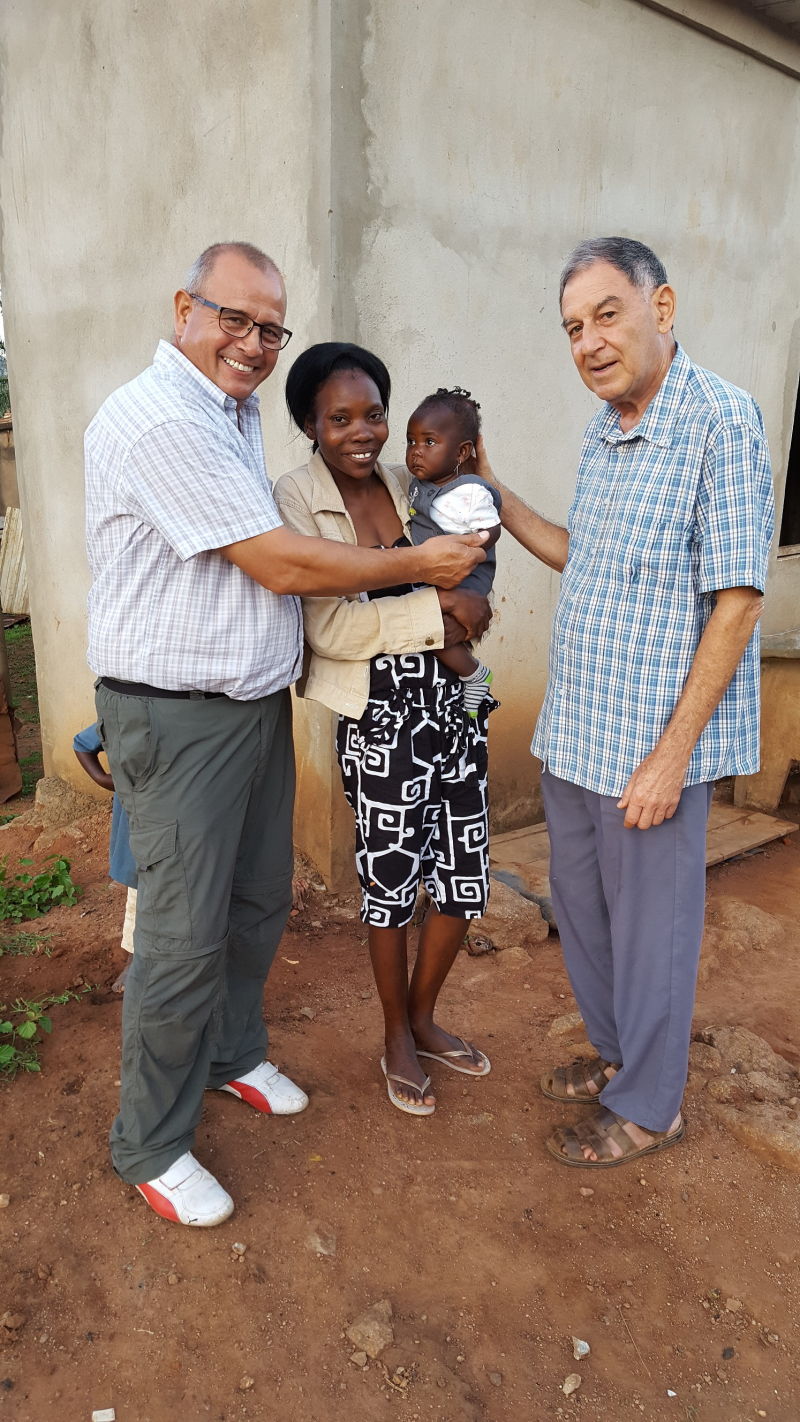
https://www.infoans.org/ 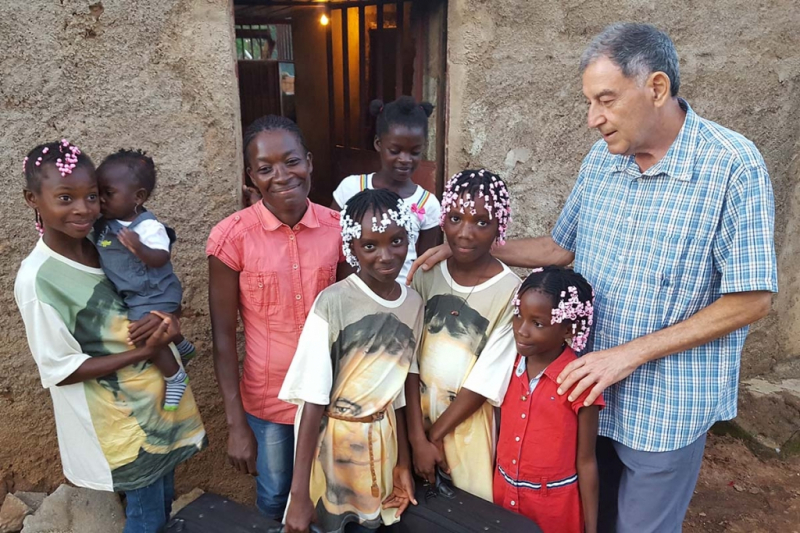
https://www.infoans.org/ -
Angolans like to entertain guests in their homes rather than eating out. If you are invited to lunch at an Angolan home, dress as you would in a formal business setting; putting an effort with your appearance shows respect for your host.
Food is typically served communally, with the eldest person present serving themselves first from the communal dish. If your host invites you to a second serving, it is customary to decline on the first request. If you are asked again, it is courteous to accept.
The staple cuisine is cassava, a root fruit. It can be ground, baked, or burned to produce alcohol. Funje, a cassava flour porridge eaten with stewed vegetables or fish, is a traditional cuisine. Rice and sweet potatoes are also popular. Most families, however, cannot afford to buy red meat or poultry.
Angolans typically eat from communal bowls in rural regions. The elderly either take care of themselves or are served first. If the last portion is provided, the person should mug and let the host or hostess bid a second and third time before accepting a yes. Men eat for themselves in some groups, while women and children eat for themselves in others.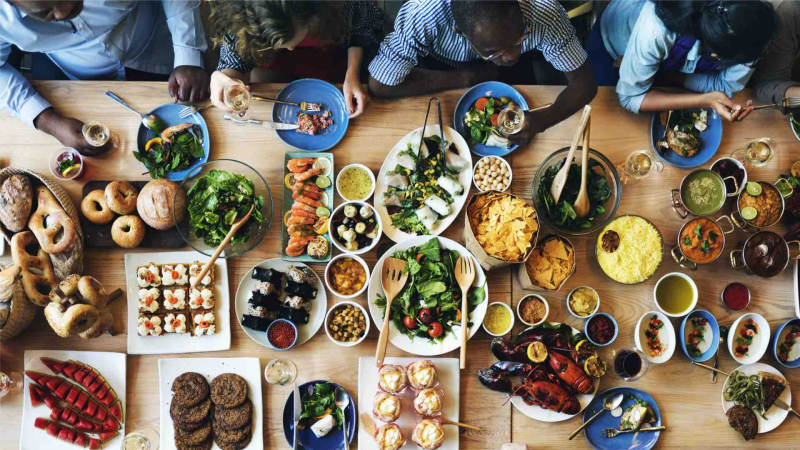
https://traveltank.com/ 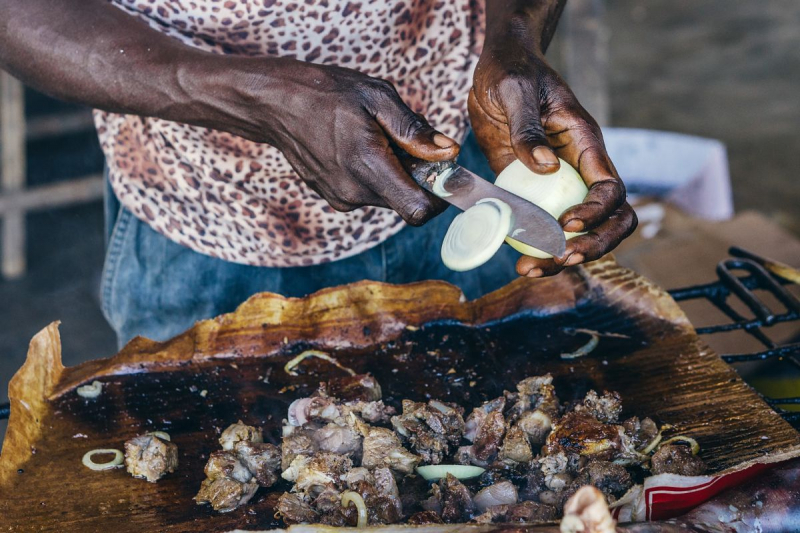
https://www.commisceo-global.com/ -
Angolans historically like to do business with individuals they know and trust, thus it is critical to create a personal relationship with associates before addressing commerce. Portuguese colonialism has left an indelible mark on the way business is conducted, particularly in the capital Luanda. Suits are ubiquitous in business settings and are as formal as in much of the Western world.
Angola's economic environment is primarily Western in nature, and Angolans in general are fairly open in their judgments and ideas. They tend to deliberate about decisions and get feedback from others. Angolans frequently put their cards on the table early on. To ensure that contracts are secured, it will be necessary to visit Angola on a regular basis, at least once every three months.
Agendas and schedules, on the other hand, are not common in Angolan company. It is not advisable to encourage Angolans to follow a rigorous, itemized plan. The Angolans are never in a hurry; they move at a slower pace in business and in life in general, yet they are generally quite hardworking. Most essential, be aware that business is not mentioned during an initial meeting, nor should it ever be discussed in social occasions. This can be seen as one of the Unique Cultural Characteristics In Angola.
https://economictimes.indiatimes.com/ 
https://businesszeal.com/













